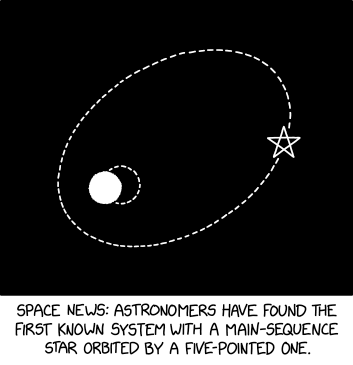The Poetry Fishbowl is now CLOSED. Thank you for your time and attention. Please keep an eye on this page as I am still writing.Starting now, the Poetry Fishbowl is open! Today's theme is
"Books and Literacy." I will be checking this page periodically throughout the day. When people make suggestions, I'll pick some and weave them together into a poem ... and then another ... and so on. I'm hoping to get a lot of ideas and a lot of poems.
I'll be soliciting ideas for readers, writers, storytellers, scribes, editors, publishers, students, teachers, caregivers, children, parents, bookworms, nerds, bookstore owners, librarians, an anonymous benefactor, activists, volunteers, superheroes, supervillains, other bookish people, reading, writing, delighting the reader, editing, publishing, bookbinding, shopping for books, telling stories, teaching, inviting students to a lesson, demonstrating tools, educating the whole child, learning, studying, parenting, lending a hand, cooperating, concentrating on a current task, volunteering, supporting people in hard times, respecting people, modeling manners and skills, learning to trust others, observing the environment, engaging all the senses, cultivating a full life,
creating intimacy, making friends, getting to know each other, cooking together, choosing your own goals, discovering things, improvising, adapting, cooperating, bartering, sharing, making mistakes, fixing what's broke, changing the world, accomplishing the impossible, other educational activities, books, scrolls, magical tomes, printing presses, pens and pencils, bookstores, libraries,
Little Free Libraries, book nooks, windowseats,
Montessori schools,
other alternative schools, preschools or daycares,
Montessori homeschool,
prepared environment, colleges and universities, beautiful places, craft centers, community centers, coffeehouses, outdoor classrooms, parks, nature centers, other spaces designed for learning,
Triton Teen Centers, mentor circles, intentional communities, clubs, quiet rooms, inclusive workplaces, Thalassia, the Maldives, the Lacuna, the Aqademy of the Qrossroads,
Waldorf toys,
Montessori materials,
intrinsic motivation,
child independence,
respect for the child,
freedom to choose, freedom of time and
uninterrupted work periods,
absorbent mind,
post-traumatic growth,
individualized education,
three-part cards,
language lessons,
mathematics, diverse ages and abilities,
self-correcting toys and lessons,
natural consequences, freedom of movement,
intentional neighboring, diversity, inclusivity, emotional closeness,
nonsexual intimacies, first contact, rescue, interspecies relationships, trial and error, trust issues, teamwork, found family, complementary strengths and weaknesses, personal growth, and poetic forms in particular.
Currently eligible bingo card(s) for donors wishing to sponsor a square:
Valentines Bingo Card 2-1-26Among my more relevant series for the main theme:
An Army of One involves education and reading in the Lacuna.
Arts and Crafts America focuses on fine arts and practical crafts, sometimes education. Bookbinding would be a logical craft.
The Bear Tunnels has future books in a past culture.
Daughters of the Apocalypse have to rediscover many historic skills for survival, including earlier methods of sharing knowledge.
Frankenstein's Family has two scientists teaching villagers to be thoughtful instead of stupid, and after a few years, several more people keenly interested in books and education.
Not Quite Kansas started with mishandling a book of spells, and involves trying to learn about a whole new world.
Path of the Paladins includes the Canticle of Thorns and other books.
Peculiar Obligations has Quakers in organized crime. The Religious Society of Friends has been greatly involved in education, including abolitionist and natural science publications.
Polychrome Heroics is largely about people learning things. Threads particularly focused on this include Antimatter and Stalwart Stan, Aquariana, the Big One, Danso and Family, Dr. Infanta, Iron Horses, Officer Pink, Rutledge, and Trichromatic Attachments.
Quixotic Ideas is set in a world with plenty of magic and a positive tone, where people often help each other and solve challenges peacefully. It includes a healthy magical school.
Schrodinger's Heroes save the world from alternate dimensions, and they learn a lot along the way.
Or you can ask for something new.
Linkbacks reveal a verse of any open linkback poem.
( New to the fishbowl? Read all about it! ) 
